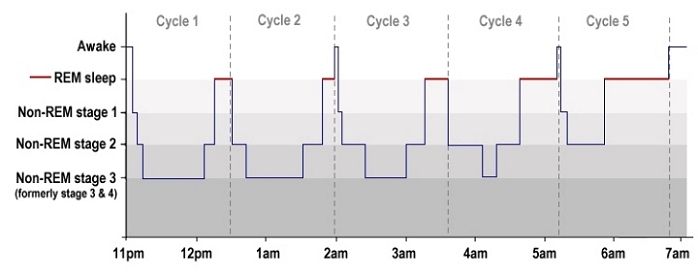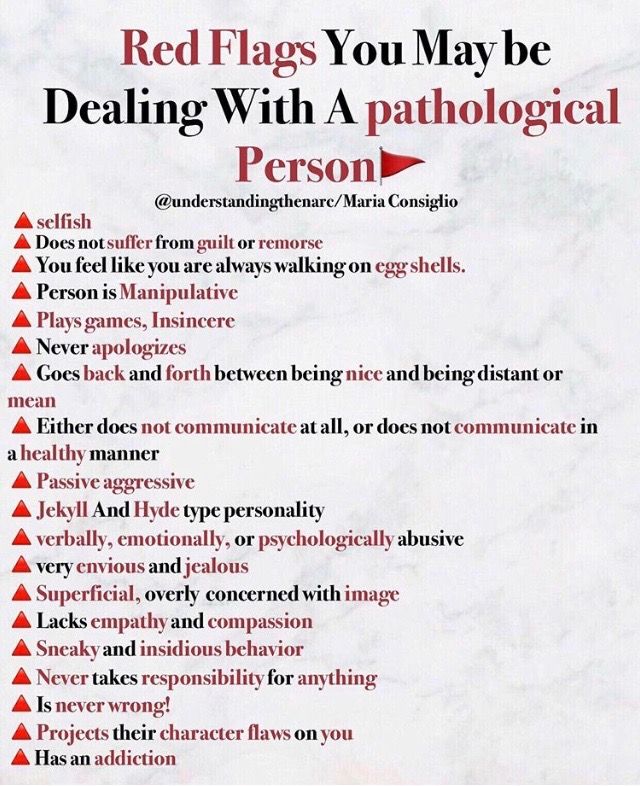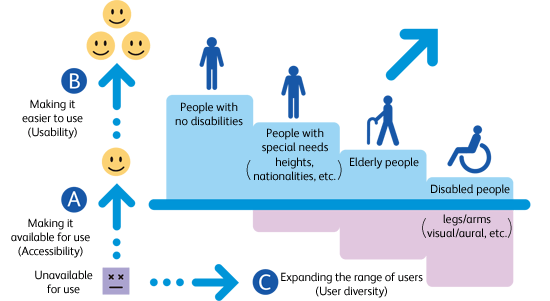What percentage of the population are introverts
Are There More Introverts Than What We Think There Are?
Reports estimate that between 30-50% of the population are introverted. Whilst, the exact amount is not known, for many people who are introverted, they are made to feel like introversion is not the ideal.
Our workplaces here in the UK, the US, and many other parts of the world seem unfavourably biased towards extroversion. When we look at many workplace practices, the way they are designed make it more challenging for those who are introverted to respond as their best self. Some parts of the world, however, value introversion as a leadership strength.
Introverts typically have a preference for thinking and reflecting, before giving a response. However, if we look at the way that meetings are conducted, the way that interviews are held, the way that networking is typically done, and brainstorming, they don’t give the space for thinking and reflection that many introverts prefer.
People are expected to respond on the spot. Introverts are told to speak up more in meetings, they are misunderstood, and incorrect assumptions made that they are shy or lack confidence. Which, whilst it may be the case for some, is not the case for all.
Are there more introverts or extroverts on LinkedIn?
I recently conducted a LinkedIn poll to see what LinkedIn users identified as when it comes to introversion and extroversion. I wanted to get a feel as to whether there are actually more people who identify as extroverted, or whether it is just an assumption. In the post accompanying the poll, I put the description of introversion, extroversion and ambiversion as defined by the American Psychological Society.
The results were very surprising. There were 598 people who took the poll with 64% selecting introvert, 29% selecting ambivert, and only 8% selecting extrovert.
I wonder, does this then mean that there are more people who identify as introverted than what we think there is? A study by Daniel Feiler and Adam Kleinbaum published in Psychological Science suggests that we over perceive the number of extroverts that are out there.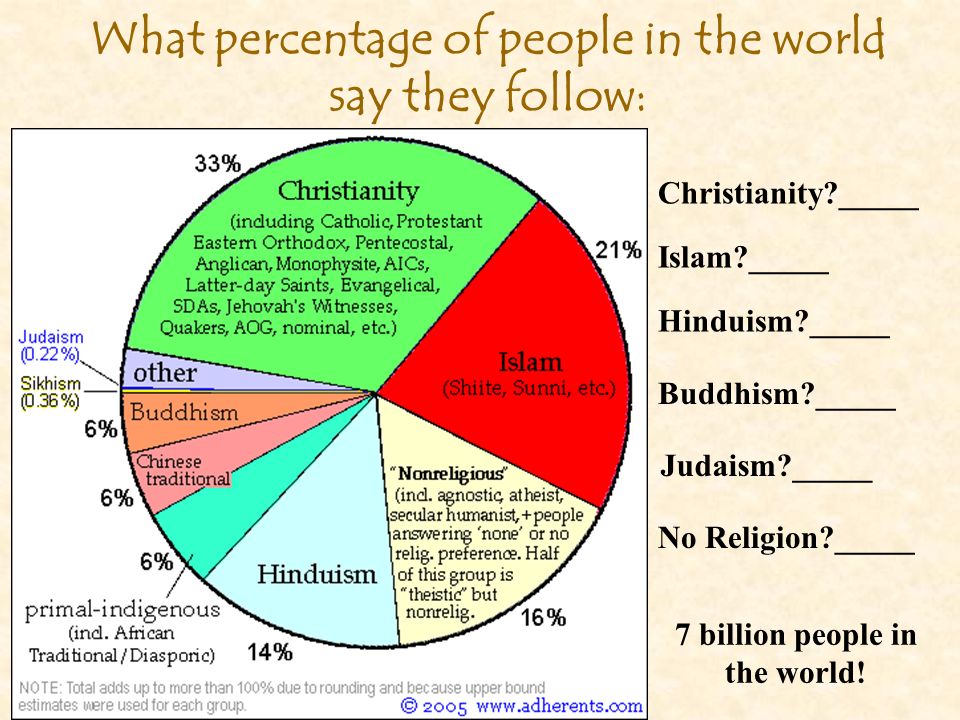 Extroverts gain more friends than introverts do, and the more similar two people’s levels of extroversion are, the more likely they are to become friends.
Extroverts gain more friends than introverts do, and the more similar two people’s levels of extroversion are, the more likely they are to become friends.
The result of this is a network extroversion bias, where our social networks have more extroverts than introverts. With people who are more extroverted having the greatest network extroversion bias than people who are more introverted. They found that social networks were systemically misrepresentative of the broader social environment.
Is there a bias in society?
It raised the question for the researchers as to whether there is a bias in society toward believing other people are more extroverted than they actually are, and whether introverts are better at being able to read social cues and respond to them appropriately.
If we are friends with people who have lots of friends, does this skew our perception and we think there are more extroverts than introverts?
Regarding the results of my poll, it could be that my LinkedIn following is biased towards introverts, given that I write a lot about introversion and the challenges introverts face as leaders. Nevertheless, I was not expecting the number of extroverts to be so low.
Nevertheless, I was not expecting the number of extroverts to be so low.
Why does this even matter?
You may be wondering why this even matters. In an ideal world, it shouldn’t matter whether someone is introverted or extroverted because we need both of these traits in our organisations. Having this diversity of styles makes for a richer dynamic.
However, because so many leaders who are introverted feel like they are in the minority and that there is an unfavourable bias towards them, knowing that there are more like you than what you think, can be empowering. It also means that there is strength in numbers.
Many of our workplace practices (i.e., the ones mentioned above) are outdated and need to change so that they are more inclusive. Utilise this strength in numbers to form a collective voice to bring about this change, and to change the narrative concerning introversion.
What are your thoughts? I would love to know so please let me know in the comments below.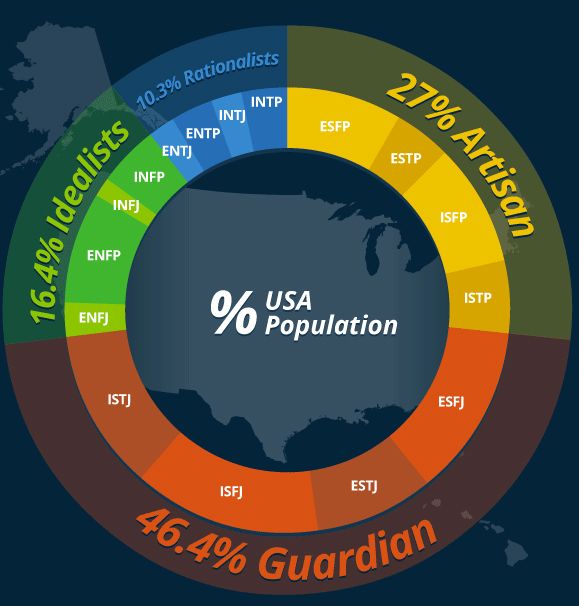
____________________________
Perfectionism is often a challenge for the leaders who I coach and when carrying out research for my book Quietly Visible, 53% of introverted women who were senior leaders that I surveyed said perfectionism was a challenge for them.
On this episode of the Quietly Visible podcast I talk about perfectionism and share tips on how to overcome it. Click on the podcast image above, and open the link in another tab to listen to what I had to say.
____________________________
About MeI am an Executive, Career and Leadership Coach specialising in introverted women who are senior leaders. I've been the featured expert in Women and Home Magazine, Good Housekeeping Magazine, the Telegraph, on BBC Radio 5 Live, named a LinkedIn Top Voice UK 4 years running, and received awards for my work developing women leaders.
Through my work I have helped 1000s of women across the globe to increase their confidence, influence and impact as leaders, and overcome imposter syndrome, increase their executive presence, improve speaking performance in meetings, get a promotion, and much more.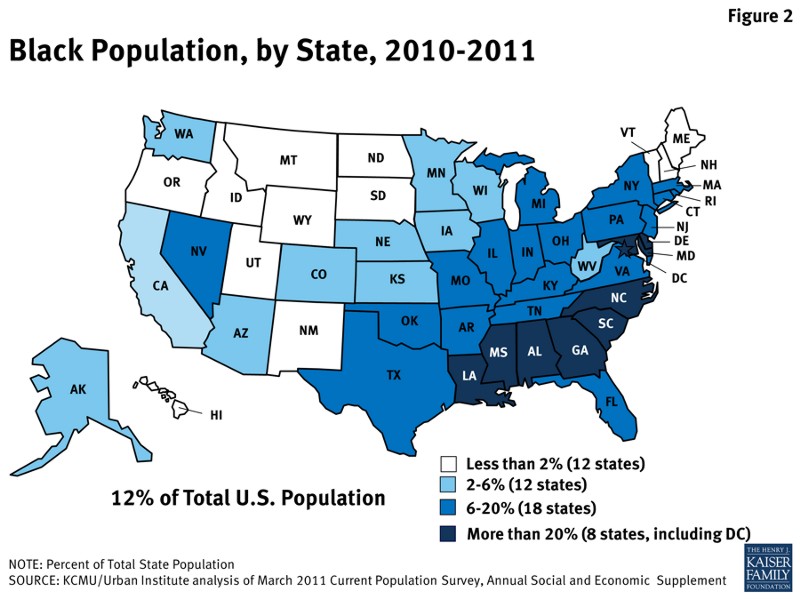
My vision is that ALL women achieve their full potential and become influencers of positive change in their respective fields.
If you are an introverted woman and a senior leader and want to increase your confidence, influence and impact, take my free assessment and get a report identifying areas to develop. You can take the assessment here.
My book Quietly Visible: Leading with Influence and Impact as an Introverted Woman addresses many of the challenges that introverted women face as leaders and shows you how to overcome them. It was listed as one of the 10 best self-development books written by women to read during lockdown by BeYourOwn. You can get your copy here along with a FREE recording of my How to Overcome Imposter Syndrome workshop.
The Overlooked Significant Population – Introverts
By Stuart Hunt
Without trying to sound esoteric or highfalutin, in all of my endeavors, everything, I pause to discern the philosophy guiding me in the short and long term.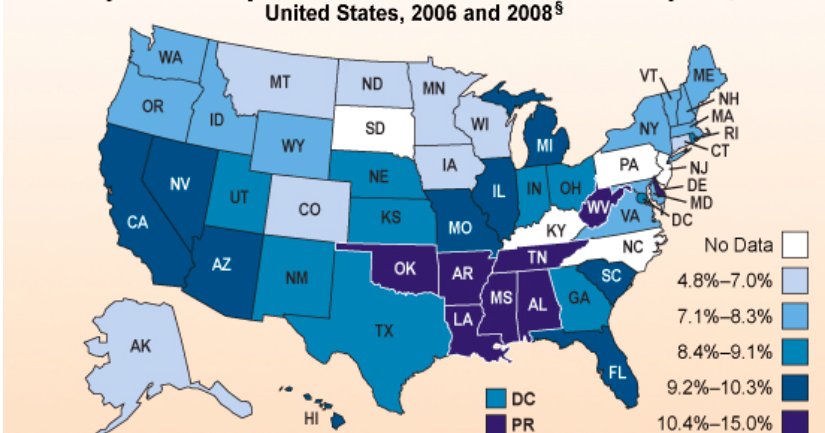 In German the phrase is Woher / wohin? Where are we coming from, where are we going to? Through that lens, I can proceed with purpose and direction. It saves time, and there are fewer mistakes.
In German the phrase is Woher / wohin? Where are we coming from, where are we going to? Through that lens, I can proceed with purpose and direction. It saves time, and there are fewer mistakes.
Allow me to introduce to you Susan Cain, and to her passion to help us all understand introversion, as well as her detailed and well-written treatise Quiet: The Power of Introverts in a World that Can’t Stop Talking (2012). As those who deal mostly with groups of singers (also in private voice settings), let us consider how we and other singers interact in our learning / rehearsal gatherings, and the philosophy behind that.
First, some simple definitions:
Extrovert– a gregarious, somewhat unreserved personality. Enjoys and recharges by being with others.
Introvert – prefers minimally stimulating environments, and needs time alone to recharge.
Ambivert – displaying characteristics of both introversion and extraversion.
Omnivert– someone who can be either at different times.
As a choral conductor now in my fiftieth year conducting, I am passionate about learning and learning styles as they impact group and collective excellence. Interestingly, according to Barry Smith (Professor emeritus and director of the Laboratories of Human Psychophysiology at the University of Maryland), “Ambiverts make up 68 percent of the population.” But, back to introversion.
In my research, I have found there appear to be four shades of introversion:
- social
- thinking
- anxious
- restrained
Many introverts are a mix of all four types.
Cain offers four personality types:
- Calm extroverts
- Anxious extroverts
- Calm introverts
- Anxious introverts
You could be a shy extrovert, like Barbra Streisand, who has a larger-than-life personality and paralyzing stage fright; or a non-shy introvert, like Bill Gates, who by all accounts keeps to himself but is unfazed by the opinions of others.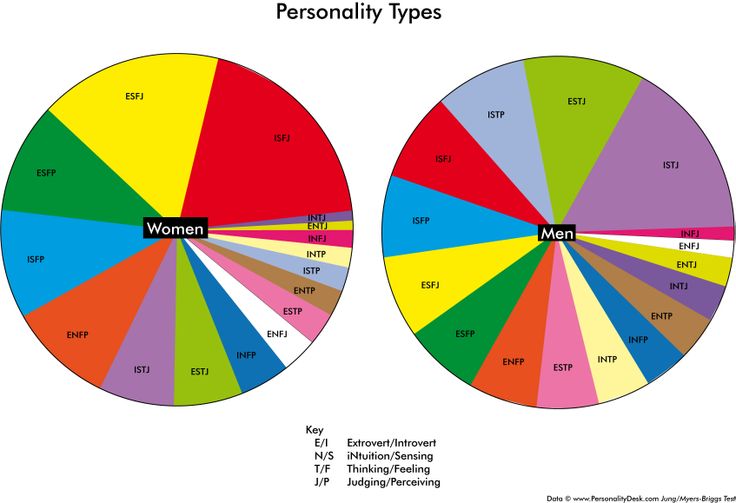 A great deal of what Ms. Cain discusses has to do with anxiety and stimulation and overstimulation, which can both energize and paralyze; encourage creativity or shut it down.
A great deal of what Ms. Cain discusses has to do with anxiety and stimulation and overstimulation, which can both energize and paralyze; encourage creativity or shut it down.
Shy versus Introverted
We should delineate the difference between shy and introverted. Cain states, “Shyness is the fear of social disapproval or humiliation, while introversion is a preference for environments that are not overstimulating. Shyness is inherently painful; introversion is not” (p. 12). We have them in our choirs, don’t we?
Learning from the Biz World
In the 1920s, in America, as businesses began to grow, employees and especially sales reps were encouraged to be “charismatic.” Earlier employee “manuals” encouraged such qualities as:
- citizenship
- duty
- work
- golden deeds
- honor
- reputation
- manners
- integrity
Then newer guides celebrated qualities that were trickier to acquire, and either you embodied these characteristics or you didn’t:
- magnetic
- fascinating
- attractive
- glowing
- dominant
- forceful
- energetic (etc.
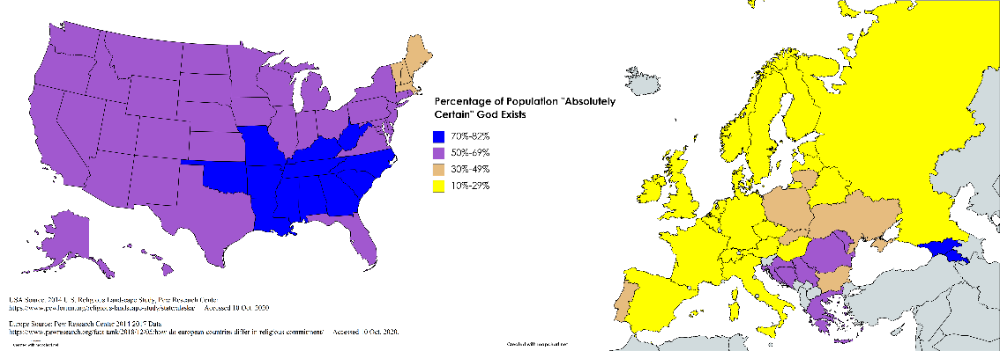 )
)
This led to the celebration of extroversion as an “ideal” and, if you reflect on the world around us, somewhat continues today. However, for introverts, becoming comfortable with what they know to be true about themselves instead of trying to adopt an extroverted personality is the healthier option.
In another section of Quiet I found myself considering the following: “One highly successful venture capitalist who is regularly pitched by young entrepreneurs told me how frustrated he is by his colleagues’ failure to distinguish between good presentation skills and true leadership ability. He said ‘I worry that there are people who are put in positions of authority because they’re good talkers, but they don’t have good ideas. It’s so easy to confuse schmoozing ability with talent. Someone seems like a good presenter, easy to get along with, and those traits are rewarded. Well, why is that? They’re valuable traits but we put too much of a premium on presenting and not enough on substance and critical thinking’” (p.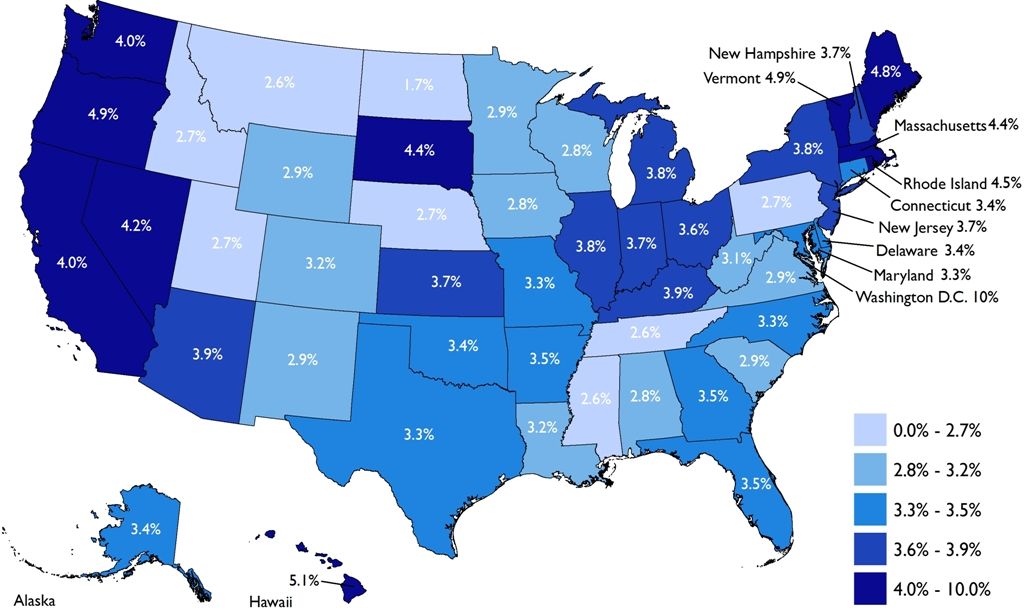 52).
52).
In the world of business, unassuming, shy, mild-mannered Darwin Smith, former head of Kimberly-Clark, and other introverts, tend to be described with phrases like: quiet, humble, modest, reserved, gracious, mild-mannered, self-effacing, and understated. Author Jim Collins, in his book Good to Great (2011), states, “We don’t need giant personalities to transform companies. We need leaders who build not their own egos but the institutions they run.” Might this then also apply, as a conductor, to how we perceive and interact with our choristers?
Wharton and University of Michigan management professor Adam Grant studied leaders and wondered what introverted leaders do differently from – and sometimes better than – extroverts. One conclusion was that they were more interested in listening and gathering information than in asserting their own opinion or dominating a conversation. Grant states that introverts are uniquely good at leading initiative-takers . .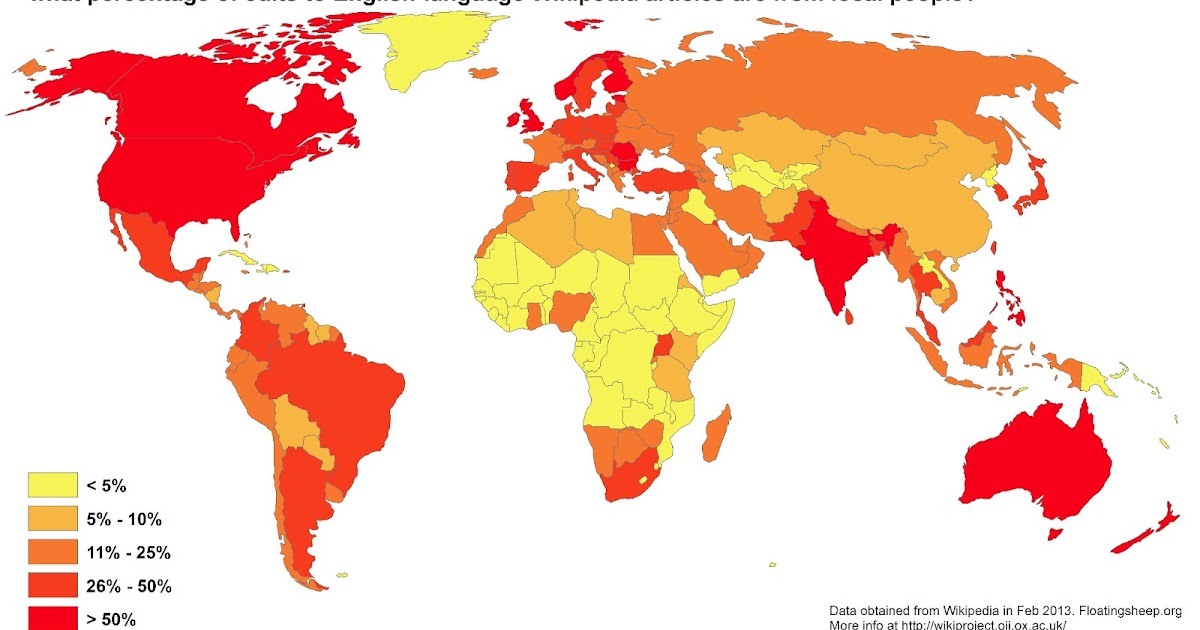 . because of “their inclination to listen to others and lack of interest in dominating social situations. . . . Introverted leaders create a virtuous circle of proactivity” (quoted in Cain, p. 57). And what do choirs need? Quiet, positive, supportive, behind-the-scenes leadership . . . balancing introverts and extroverts.
. because of “their inclination to listen to others and lack of interest in dominating social situations. . . . Introverted leaders create a virtuous circle of proactivity” (quoted in Cain, p. 57). And what do choirs need? Quiet, positive, supportive, behind-the-scenes leadership . . . balancing introverts and extroverts.
Thoughts to Consider
In Quiet, Cain addresses the “dangers” of group conformity. For us, that can be a conundrum: We must have agreement and uniformity of sound and collective thought but, think about the difference between uniformity of purpose and group conformity. We recognize that properly formed, guided, and developed, every group needs positive leadership. It is critical when challenges, large and small, beset choirs we conduct.
Caution advised, but, here are some bullet points from Quiet and Cain’s extensive research:
- Introverts are not smarter than extroverts. According to IQ scores, the two types are equally intelligent.
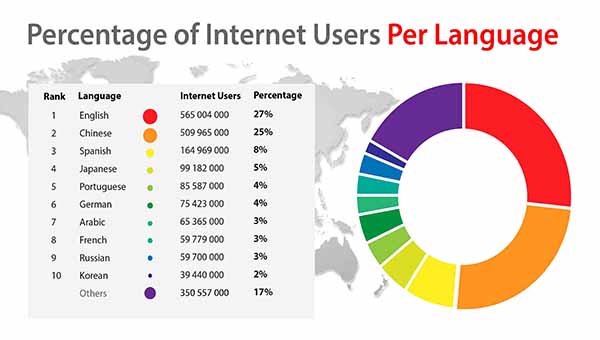
- While introverts are a minority group in society, they form the majority of gifted people. Moreover, it appears that introversion increases with intelligence so that more than 75 percent of people with an IQ above 160 are introverted (Sword, 2002).
- Introverts seem to think more carefully than extroverts.
- Extroverts tend to jump in and “get going” – introverts tend to “think before they act,” digest information, stay on task longer, give up less easily, and work more accurately.
- University of Wisconsin psychologist John Newman remarks that introverts “scan for problems. As soon as they get excited they’ll put the brakes on and think about peripheral issues that may be more important. Introverts seem to be specifically wired or trained so when they catch themselves getting excited and focused on a goal, their vigilance increases” (Patterson & Newman, 1993).
- John Brebner and Chris Cooper concluded that “extroverts think less and act faster on such tasks; introverts are ‘geared to inspect’ and extroverts ‘geared to respond’” (1978).
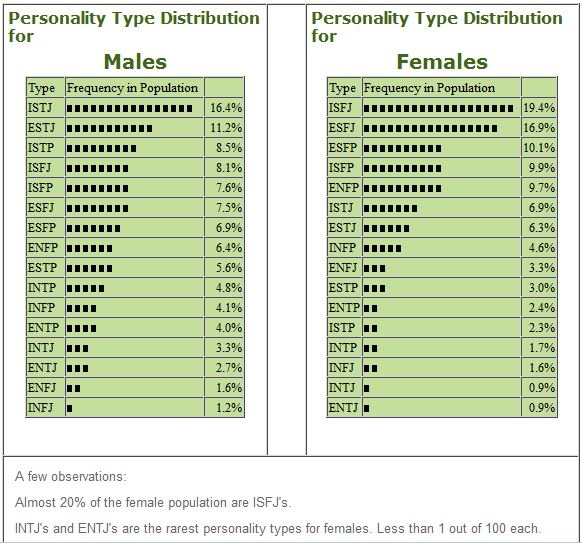
- Extroverts are more likely to focus on what is happening around them. Introverts “wonder” about things, imagine outcomes, and make plans for the future.
- Extroverts may see “what is” while their introverted peers are asking “what if.”
- “It’s not that I’m so smart,” said Einstein, who was a consummate introvert. “It’s that I stay with problems longer.”
Here are Susan Cain’s tips for educators (conductors are educators!) that she also elucidates in the Extra Libris section at the end of Quiet:
- Don’t think of introversion as something that needs to be cured.
- Re-examine classroom “group-work.”
- Don’t seat shy or introverted kids in “high-interaction” areas of the classroom.
- Balance teaching methods to serve all the kids in your classroom.
- Try “pair sharing” techniques.
- Wait five seconds after asking questions in class (the reason makes such sense).
- Use online teaching methods.
- If you’re going to grade on class participation, award separate grades for content knowledge versus just participation.
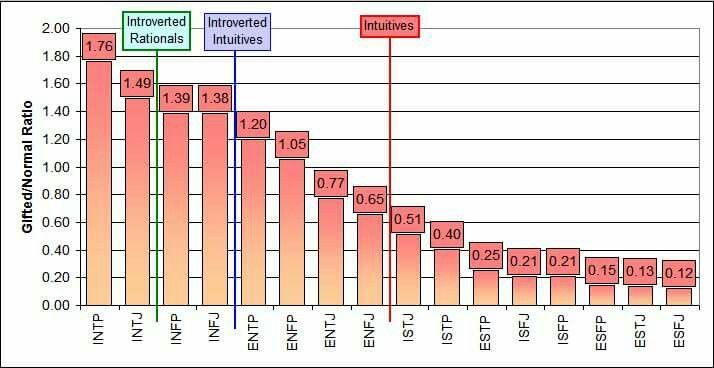
I strongly commend Susan Cain’s Quiet for your reading and choral consideration. Immerse yourself in a world you know first-hand, but, through her glasses, might find handles to describe what you see and experience. She writes well from a first-hand life . . . as an introvert.
Stuart Hunt is now in his 50th year conducting public and private choirs. His company, Tools for Conductors, writes and publishes choral sight-reading and online assessments. *protected email*
References
Brebner, John, & Cooper, Chris. (1978, September). Journal of Research in Personality. 12 (3), 306-311.
Cain, Susan. (2012). Quiet: The Power of Introverts in a World That Can’t Stop Talking. New York: Crown Publishing Group.
Collins, Jim. (2011). Good to Great: Why Some Companies Make the Leap . . . and Others Don’t. New York: Harper Business.
Patterson, C.M., & Newman, Joseph (1993).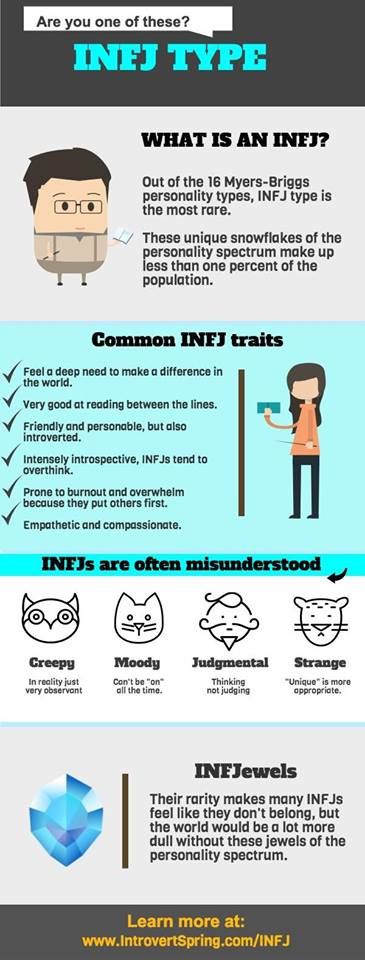 Reflectivity and learning from aversive events: Toward a psychological mechanism for the syndromes of disinhibition. Psychological Review, 100, 716-736.
Reflectivity and learning from aversive events: Toward a psychological mechanism for the syndromes of disinhibition. Psychological Review, 100, 716-736.
Sword, Lesley. (2002). The gifted introvert. In High Ability. Retrieved from http://highability.org/the-gifted-introvert/.
“It is customary in our culture to listen to extroverts” — a fragment of the book “Distance of Happiness”
Alpina Publisher published a book by Danish writer, psychotherapist and priest Ilse Sand “Distance of Happiness. Rules for a harmonious life for introverts and hypersensitive people.
She has already written several bestsellers on how to deal with unpleasant emotions, find a way out of conflict situations and live in harmony with yourself, your feelings and those around you. The new book is about hypersensitive people and introverts, who, according to statistics, are at least 15% in the world, but in Moscow, it seems, there are more. If you have ever been advised to become more sociable and easier to relate to life, then it makes sense to read the first chapter that we publish. In it, the author asks 10 simple questions to the reader, after which it becomes clear what type of personality you have.
In it, the author asks 10 simple questions to the reader, after which it becomes clear what type of personality you have.
Chapter 1
When attributing a particular type of personality to a person, it is important to remember that there are no 100% coincidences, since a person often possesses qualities that are unusual for one or another type. Yes, character changes over time.
Thus, determining your personality type will help you better understand yourself and others. As you learn about other types, you begin to realize that you can interact with the world in different ways. If people react to a particular life situation differently than you do, this does not mean at all that the problem is in you or in those around you. This is quite normal, because each person is unique in his own way and belongs to a certain type of personality.
Consider the introverted personality type, the characteristic features of hypersensitive people and those who are characterized by increased excitability.
Introverted personality type
The first definition of the terms "introvert" and "extrovert" can be found in the work of the Swiss psychiatrist Carl Jung (1921). Since then, scientists have not come to a consensus on the percentage of introverts. It is believed that they make up 30-50% of the total population of the planet.
Below are a number of statements that help determine the type of personality.
If you are an introvert, most of the time the answer is NO:
- A day off without a party is a waste of time. Sunday night I feel disappointed.
- I am interested in everything a little bit, but as soon as I go headlong into the study of a particular topic, I immediately get bored.
— I love thrills so much that I rush headlong into new adventures.
- I think best when I speak.
- I do my best not to die of boredom. For example, I always have several meetings or classes scheduled.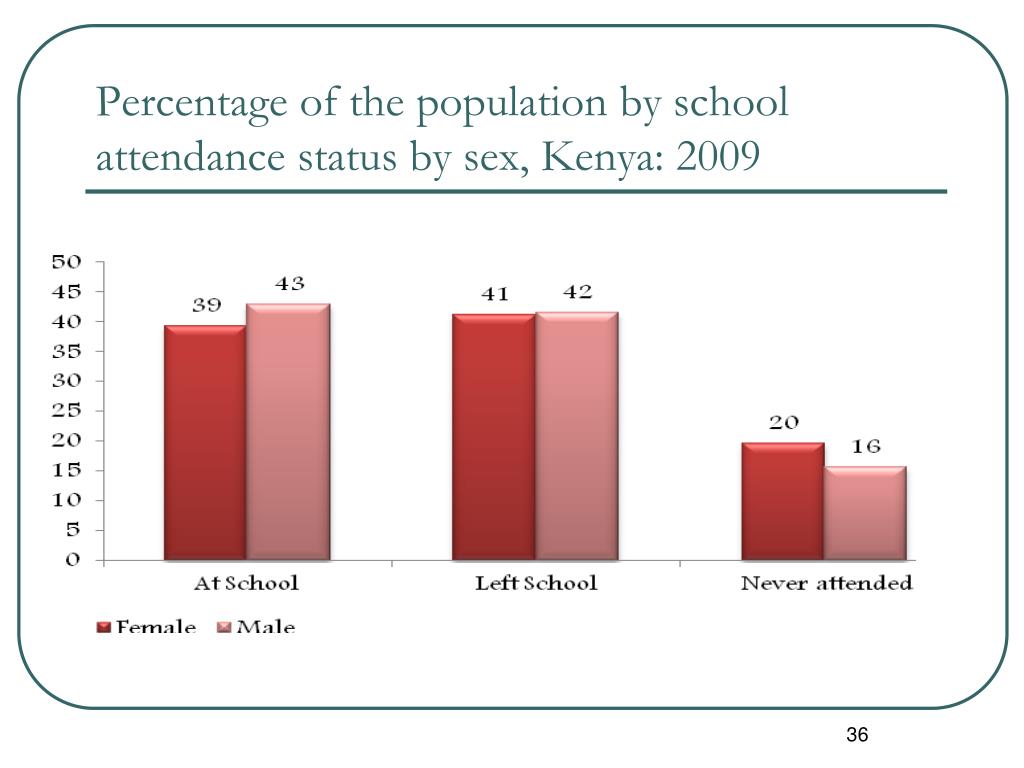
And you will answer YES to these statements:
- In order to speak in front of a large audience, I need to prepare well.
- If my understanding of justice is contrary to the generally accepted, I will listen to my own logic and my inner voice.
- People say I think too much.
- I am very picky about people and get the greatest pleasure only from communicating with a certain circle of people. Otherwise, I prefer solitude.
- If life is in full swing around me, I quickly get tired and want to take a break from everyone alone or with a person I know well.
At the end of the book you will find a test that will determine where you are on the intro/extroversion scale.
Continuum
Either an introvert or an extrovert? No, it doesn't. But attraction to one of the poles is quite possible. Position yourself on the scale where you see fit. At the end of the book, you will have the option to change your choice.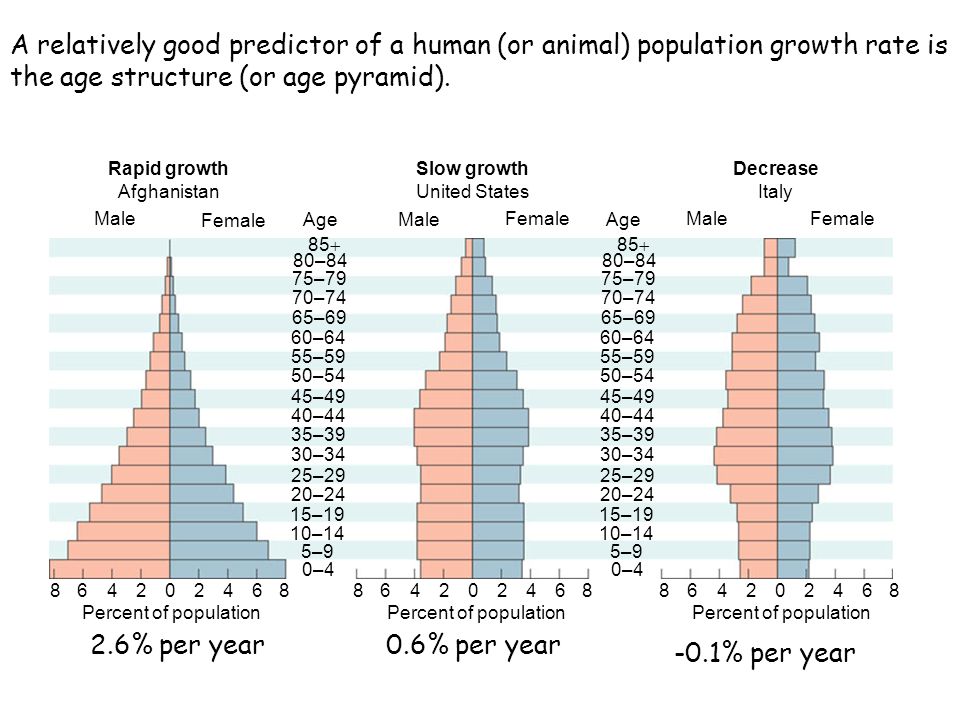
Some find themselves in the middle of the scale. Such people are called ambiverts. There are no 100% introverts or extroverts. According to Carl Jung, such a person would be insane. We are all on a continuum, which means we are both introverted and extraverted.
Your place on the scale depends on the day or time of day. If you take the test several times and at different times, it will show different results. However, moving from one pole to another is possible only occasionally. Being mostly on the introvert pole, you are more likely to move from average to more specific depending on the events taking place in your life.
Even if you consider yourself an introvert, you can certainly be an extrovert if necessary, but only for a short time, otherwise you will feel tired. Generally, introverts don't like small talk.
We were drinking and talking about the weather. For extroverts, this is nothing. For me, it's an achievement. While the extroverts were "charging" from this chatter, I became more and more tired, looking at who I could really communicate with in order to restore the lost energy.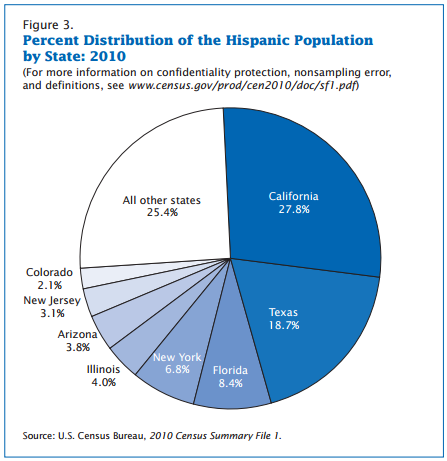
Lars, 47 years old
Standing at the bus stop, I indulge in my thoughts instead of communicating with others. But if necessary, I can also speak even to a stranger. My books have long been published abroad. This awakened in me an interest in other countries and their cultures. Now, whenever I see a foreigner or hear an accent, I immediately go to this person, even if I go to a course, to a badminton club or on a bus. At times like these, I don't feel uncomfortable. Polite chatter about nothing I try to stop as soon as possible, and several times the interlocutor even helped me with finding a publisher and translating the message into his native language. I have had many pleasant and inspiring experiences in this way, so I strongly recommend that you apply this strategy, despite your habit of avoiding strangers. Introverts can do pretty much everything that extroverts can do. It's just that the former need more strength, because they quickly get tired in the role of the latter.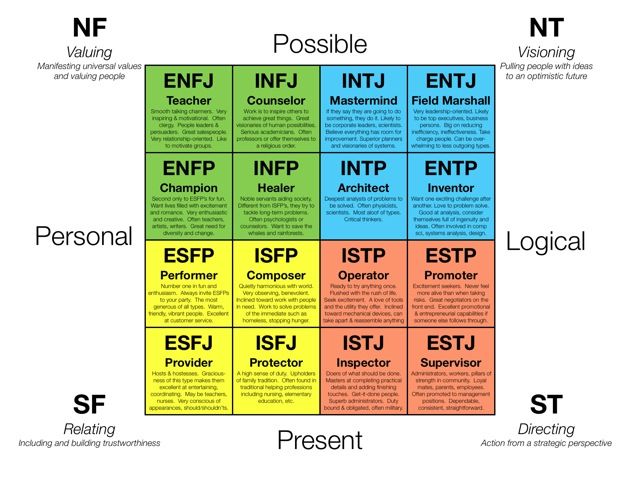
It is difficult for introverts to be the center of attention. Talking about myself, I distort the words and feel a strong heartbeat. However, over time, I began to enjoy performing in front of a large audience. At first I am very nervous, but I have enough time to “warm up”, so having full control over the situation, I am glad to be able to talk about what interests me so much. However, this requires careful preparation in order to feel confident. But even so, I would not want to perform in public more than once a day: before the performance, I want to be alone, and after that I feel so tired that I am no longer able to play the extrovert again on the same day.
If you consider yourself an introvert, then you don't want to orate in front of a crowd. However, everything comes with experience. With desire and perseverance, you will be able to cope with the fear of the unknown and bouts of fear.
Unlike extroverts, introverts need more time to experience impressions. You have probably already been told that you think too much and that you need to take life a little easier.
You have probably already been told that you think too much and that you need to take life a little easier.
When I experience something new, I usually withdraw into myself to experience the experience. I want to understand the connection between my old experience and the one I just acquired. It seems that there is a map in me, where I and the rest of the world are separately depicted. Each time I experience new experiences that change my understanding of myself or the world, I see how a map of all memories and feelings opens up in my mind, occupying almost the entire imaginary desk for a while. At times like these, I want to be alone. Sometimes my friends worry about me. They think that I am sad, sitting alone and experiencing new information. And I just need a little quiet walk in nature. Having put everything on the shelves, I feel that I begin to better understand the world and myself.
Simon, 38 years old
Usually introverts like solitude and nature, where they can walk alone or with a silent person. Otherwise, they quickly get tired, forced to constantly maintain a conversation with their companion.
Otherwise, they quickly get tired, forced to constantly maintain a conversation with their companion.
I love companies, but on condition that they don't creep into my soul. I like to sit with my boyfriend on the edges of the sofa with a book or a tablet in hand and with cups on the tables nearby. I like to feel his presence while exercising doing your own thing.
Pernille, 27 years old
Introverts rarely speak out of business. If you are this type of person, you tend to avoid talkative people. Between you and the interlocutor, a trusting relationship should be established or common interests should prevail.
Most of the time I am silent and unobtrusive, but I can also keep up the conversation when it comes to something of interest to me. I love the moments when the interlocutor shares his opinion about it. If the subject of a conversation absorbs all my attention, I cannot stand aside and tell everything I know, or bombard the interlocutor with questions.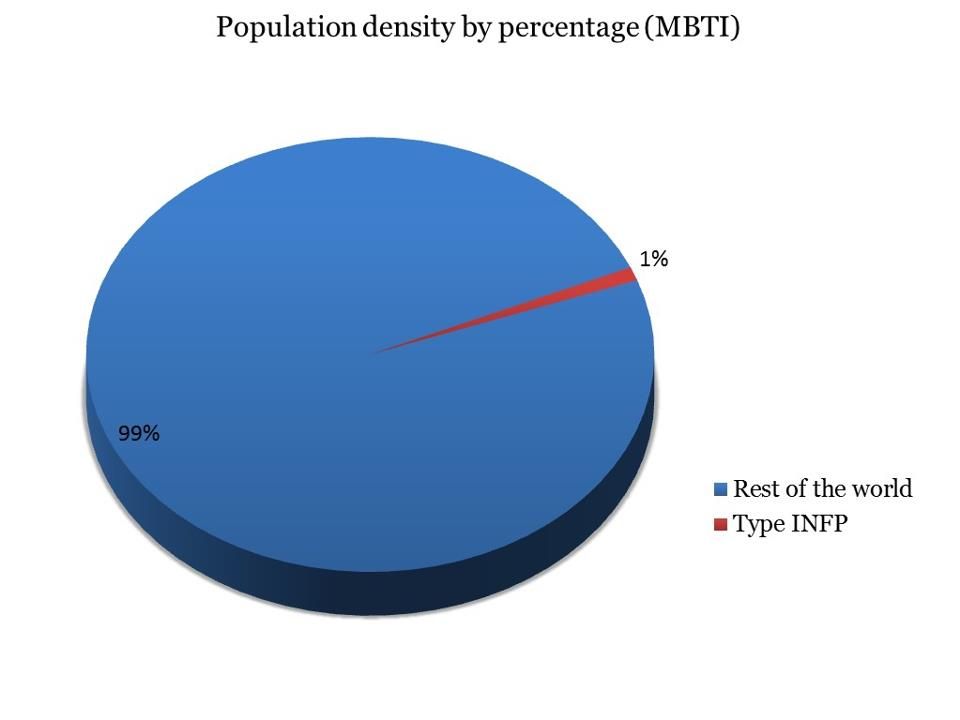 It's hard to stop me at times like this.
It's hard to stop me at times like this.
Jesper, 33 years old
Being an introvert, you can work in a team, but still prefer to work independently. Sports games such as handball or football, in which the player is part of a team, can hardly interest you. But badminton, yoga, athletics and other sports where exercises are performed alone or in a small group of people will appeal to you.
Usually introverts move quietly and calmly. They do not wave their arms and do not like posturing. You must have been ignored as an introvert at some point. It happens that your remarks are not heard, and after some time another person breaks the applause, repeating the same thing, but louder and more confidently. If your words are not taken seriously, this does not mean at all that you said some kind of stupidity or made a serious mistake. It's just that our culture tends to listen to extroverts.
I myself went through the same thing: once I was so impressed by the speaker's eloquence and self-confidence that I immediately forgot what I wanted to say. And only at home, after thinking about what happened, I realized that he was simply repeating everything that I had previously heard in certain situations, but my words that haunted me were carefully chosen and extraordinary. Probably, you, too, were unable to express your thoughts because of your own doubts about their reasonableness and appropriateness. Anyway, I often hear similar stories from introverts.
And only at home, after thinking about what happened, I realized that he was simply repeating everything that I had previously heard in certain situations, but my words that haunted me were carefully chosen and extraordinary. Probably, you, too, were unable to express your thoughts because of your own doubts about their reasonableness and appropriateness. Anyway, I often hear similar stories from introverts.
Introverts prefer silence in the workplace. Extroverts, on the other hand, like open-space offices that make it easier to strike up a conversation with a neighbor. For introverts, idle chatter causes resentment and irritation. They work best in a calm environment where they can concentrate or enter a state of psychological flow.
Where extroverts usually gain recognition without a second's silence, introverts need solitude to experience new impressions or information. Sometimes I am really amazed by the productivity of extroverts and their ability to talk. I even sometimes decide on new achievements, and yet, in order to draw any conclusions, I need solitude.
Unlike extroverts, introverts have a narrow social circle. However, they are in awe of each friend. For example, if extroverts can only invite friends to a party, then introverts can be sensitive, surrounding a person with care if, in their opinion, this is necessary.
If my girlfriend has not written to me for a long time, then I start to get nervous. So I'm wondering if she's all right. If the answer shows that things are so-so, then I offer my help.
Sophia, 31
Today, personality type is usually defined by the question: "Do you energize around others or alone?" In other words: “When you feel tired, are you looking for company or solitude?” If you choose the second option, then you are considered an introvert. But even such people sometimes need communication to recharge their batteries if they have been left alone for a long time.
Carl Jung, who first described these personality types, separated them in a completely different way. In his opinion, extroverts are characterized by an increased interest in the external material world, people and activities. Introverts are immersed in their own or other people's thoughts, dreams, desires and fantasies. Instead of contacting the outside world for their own benefit, introverts prefer to track its impact on themselves and look for meaning in these transformations.
In his opinion, extroverts are characterized by an increased interest in the external material world, people and activities. Introverts are immersed in their own or other people's thoughts, dreams, desires and fantasies. Instead of contacting the outside world for their own benefit, introverts prefer to track its impact on themselves and look for meaning in these transformations.
If Jung were to ask a question to distinguish one personality type from another, today it would sound something like this: “Do you make decisions based mainly on the experience of other people or objective information that has nothing to do with you, or are you guided by solely by your inner voice?
For introverts, it is extremely important to realize the correctness of the decision made. This does not mean at all that they do not listen to third-party information, but the last word remains with their personal perception of the current situation.
To make a decision, I collect all the necessary information.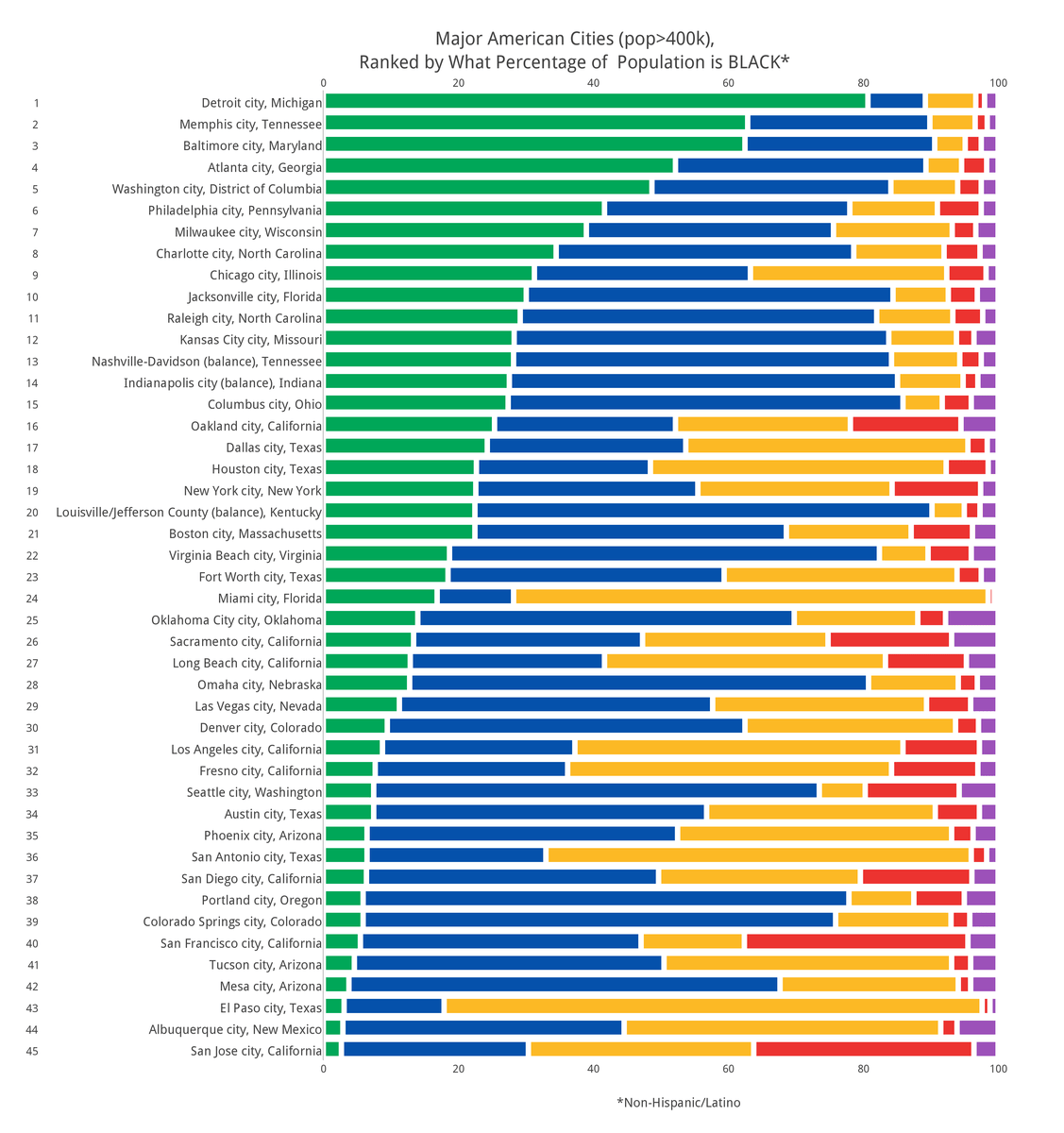 And then I need rest. I must sleep well, at least two nights in a row, and, for example, take a walk in the forest. And then at some point I begin to understand in which direction it is better to move.
And then I need rest. I must sleep well, at least two nights in a row, and, for example, take a walk in the forest. And then at some point I begin to understand in which direction it is better to move.
Preben, 45
In addition, many introverts are extremely sensitive. But not all. According to some reports, the number of introverts is 30-50%, while hypersensitive people are only 15-20%.
You can order the book on the publisher's website.
Introverts, extroverts and group dynamics
Introverts, extroverts and group dynamics | Big Ideas Human ResourcesArticle published in Harvard Business Review Russia Francesca Gino
Let's start with a short test: are you an introvert or an extrovert? Under each of the epithets listed below, put down points, indicating to what extent this property is inherent in you: from 1 (not at all) to 5 (very strongly). So, you are confident, talkative, assertive, sociable and energetic. Add up. What happened?
So, you are confident, talkative, assertive, sociable and energetic. Add up. What happened?
If the total is below 10 points, you are most likely an introvert. And you are by no means alone in this world: introverts make up from a third to a half of the world's population. However, almost all jobs are designed for extroverts. This becomes immediately clear if we recall the characteristic features of both types of people.
Extroverts love company and action, they even think out loud. External stimuli serve as a recharge for them - and a personal conversation, and a meeting, and an exchange of ideas. When there are a lot of people around, they gain strength. Introverts, on the contrary, do not like noise, distractions, large crowds. They would like a quiet and secluded place, they need to think before speaking or acting, they build purely personal relationships, one on one. To recuperate, an introvert needs to think alone, dive into himself, explore ideas, focus on work.
How do these tendencies affect the work of an introvert and an extrovert in a team where you have to constantly communicate and sometimes direct the actions of other people? My research has shown that a lot depends on what personality types are selected in the team.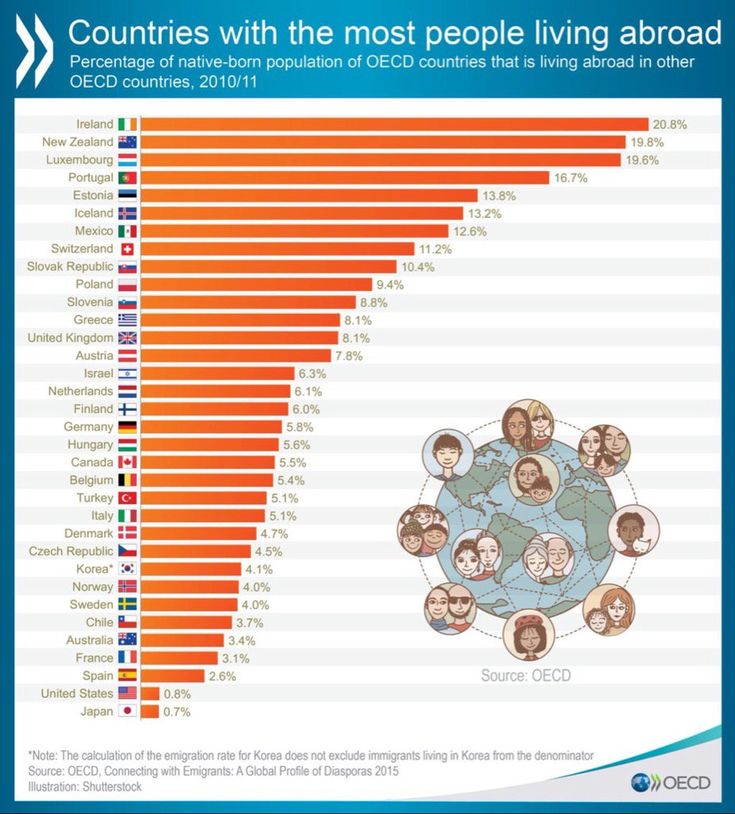
Extroverts become highly effective team leaders whose members prefer to obediently follow the leader. Extroverts have vision, self-confidence, energy, and connections—just enough to set the general direction.
Read the related article: 5 Techniques for Good Team Leadership
But if team members are proactive, if they take the initiative and propose change, advocate for a new vision, develop better strategies, then an introverted leader will come in handy. Extroverts, as I have seen, are simply scared in such cases. When a subordinate proposes new strategies, new goals, or workflows, the manager feels that he is being taken away from his glory, his authority, his status and superiority are being encroached upon. Therefore, extroverted leaders are not so responsive: they dismiss new ideas, suppress the desire of subordinates to contribute to the common cause. Conversely, an introverted leader is more willing to listen and consider proposals from below. These findings are supported by a wealth of research in the field of "dominant complementarity": groups are stronger and more effective if they have both dominating and submissive members.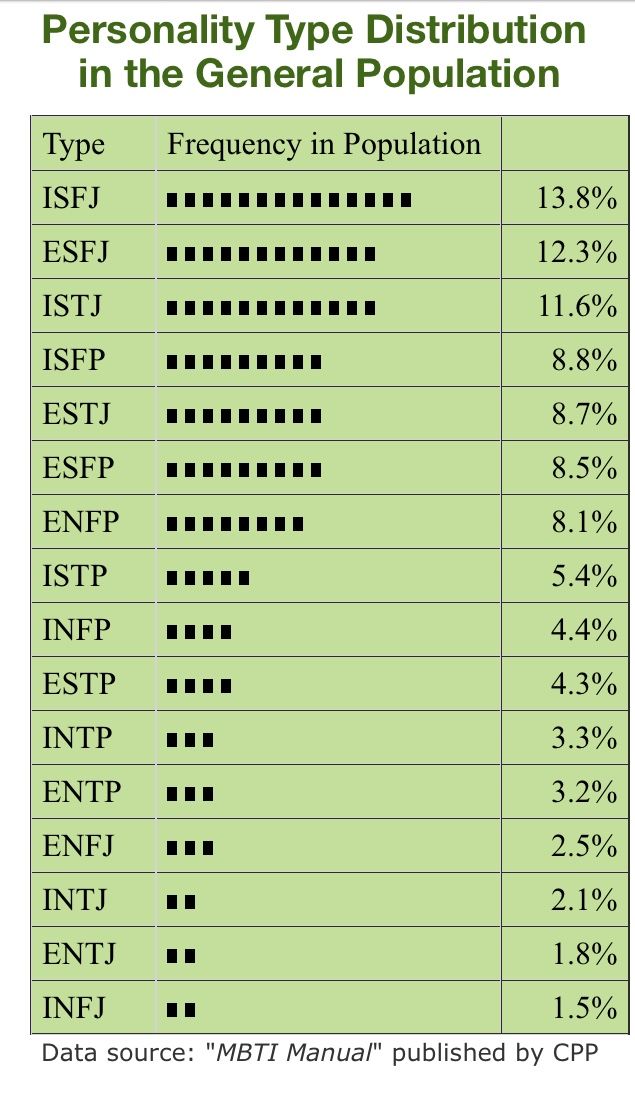
So, we can assume that an extroverted leader is effective with passive subordinates, and if his subordinates take the initiative, the extroverted leader is not so useful. To test this hypothesis, I and colleagues Adam Grant of the Wharton School of Business and Dave Hofman of the University of North Carolina studied the operation of the American pizza chain. Since points of sale are arranged in approximately the same way, it is easiest to see whether the quality of work is affected by the extroversion of the leader and the proactivity of his subordinates.
First, we compared the profitability of 57 pizzerias to determine the extrovert leader factor. We assessed the degree of extroversion of each leader - his confidence, sociability, assertiveness and energy - and in each pizzeria 6-7 employees, at our request, assessed group proactivity: does the team put forward a lot of initiatives, does it try to influence strategic decisions and improve work processes?
Read the related article: 4 misconceptions about how to lead Generation Y
recommended reading
“It would be an amazing world… We are almost there”
Robert Kinzl
Sustainability is a reason for innovation
Prahalad S.